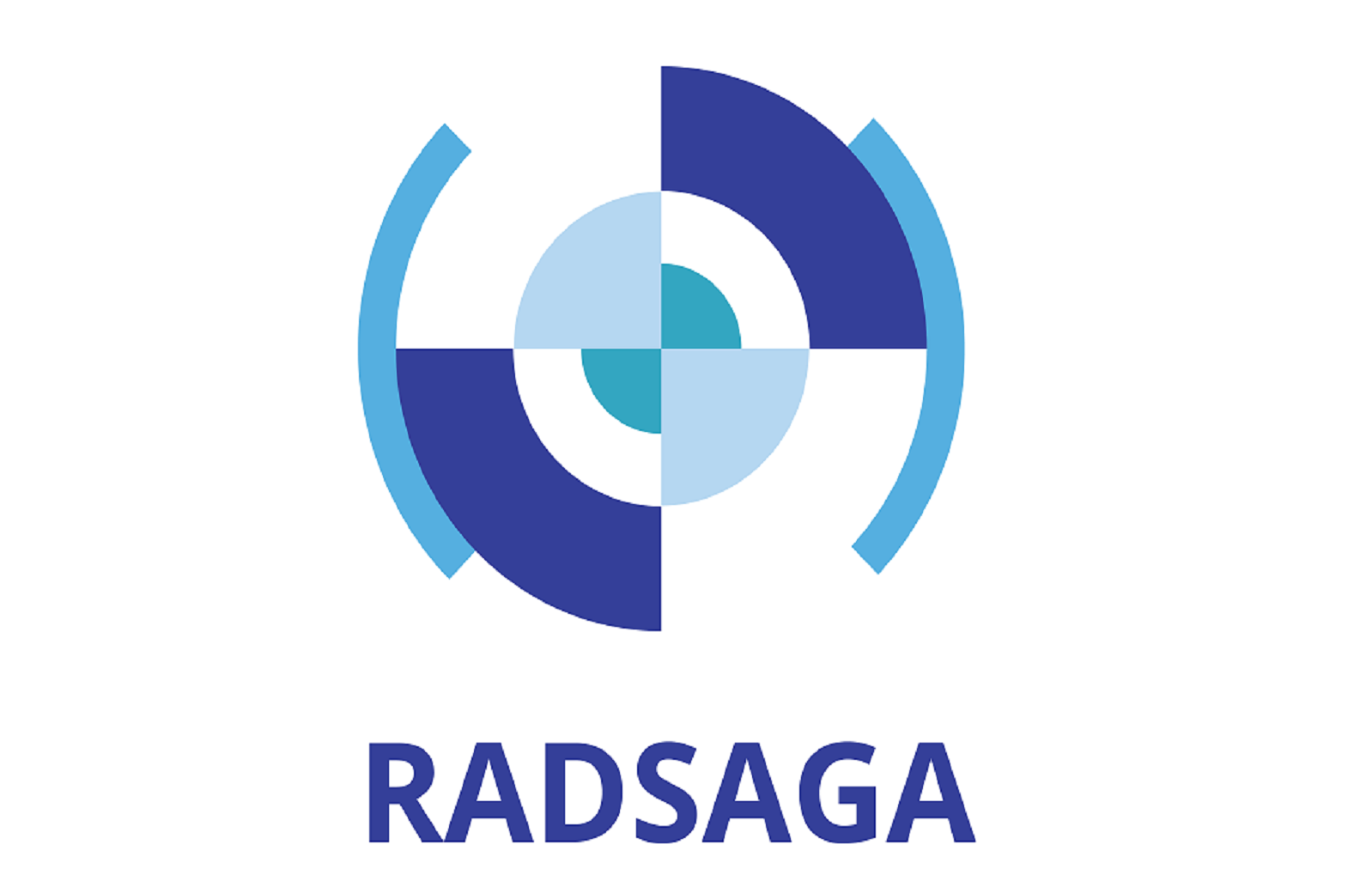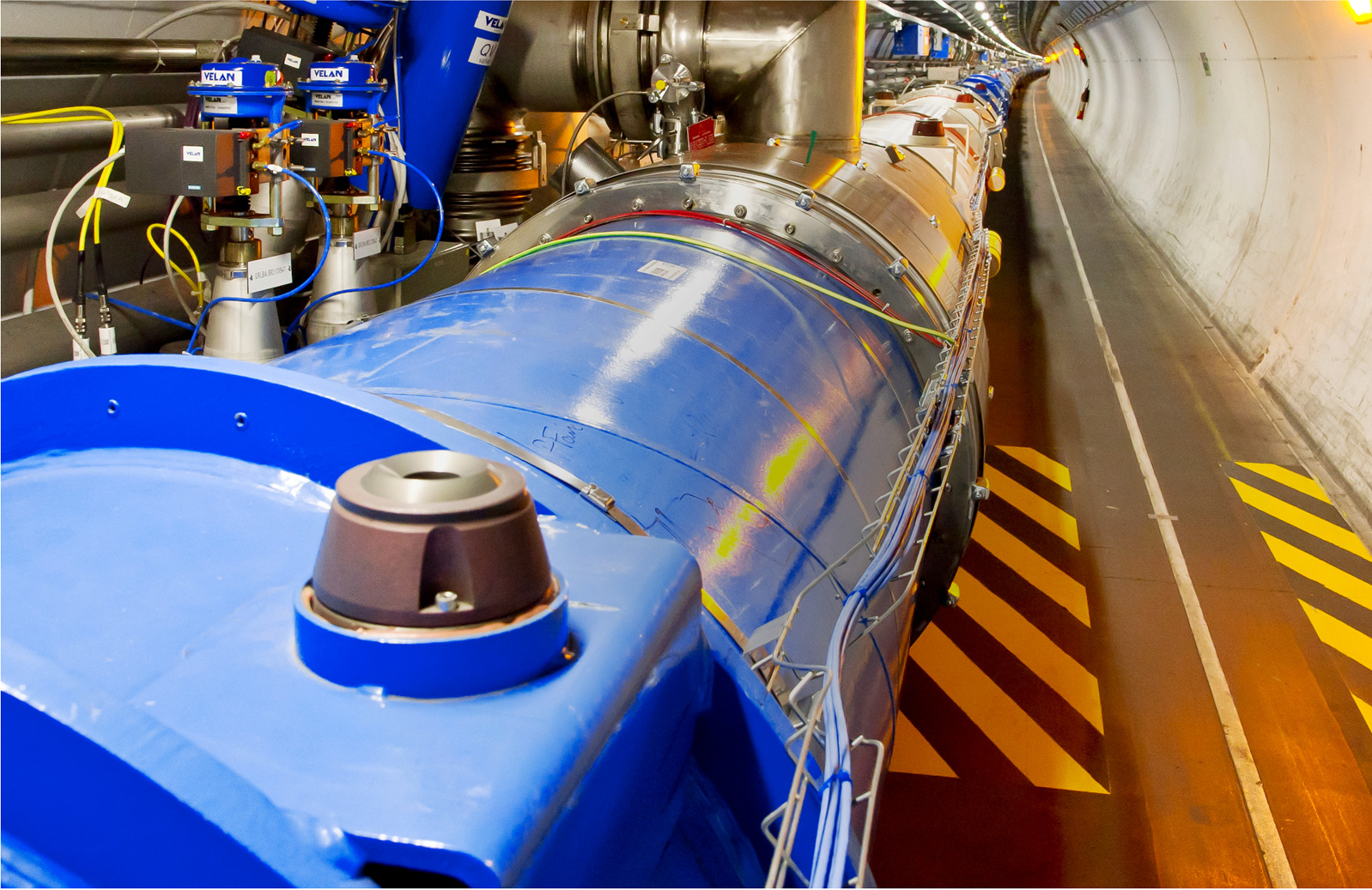
Short biography
Quentin Croenne graduated in 2013 as an Engineer in Communications Electronics from PHELMA French school, Grenoble. His Master's thesis at NXP concerned the development of a mixer designed for wideband communication up to 790 MHz. From March 2014 to October 2017, he's been Microelectronics Engineer at Nanoxplore, Paris. His work was aimed at developing radiation hardened FPGA silicon chips. Since November 2017, he's started his doctoral thesis at the Brandenburg Technical University, Cottbus-Senftenberg (BTU) and he's been assigned as guest scientist at the Department of Electronics at the Friedrich Alexander University of Erlangen, Nuremberg.
Why did you apply for a RADSAGA position?
Since I'm interested in physical analysis of electronics and I'm specialized in analog electronics and radio frequency, I feel attracted about the ESR14 topic, which concerns communication systems design and testing under irradiation. My previous job also addressed the problematic of robustness. Making a communication system robust is challenging and requires a good understanding of electronic.
What are your future goald? How will RADSAGA help you fulfill them?
This PhD is a good way to apply my knowledge and to improve my skills in high frequency electronic systems. Working in a university on a whole project will allow me approaching many aspects like measurment tools, design and measurement software and building electronic systems. This is also a good way to learn how to carry out research and development of new products for emerging needs. I aslo want to learn how to maintain connection between different entities that are CERN, companies and the University of Brandenburg and Nurnberg.




